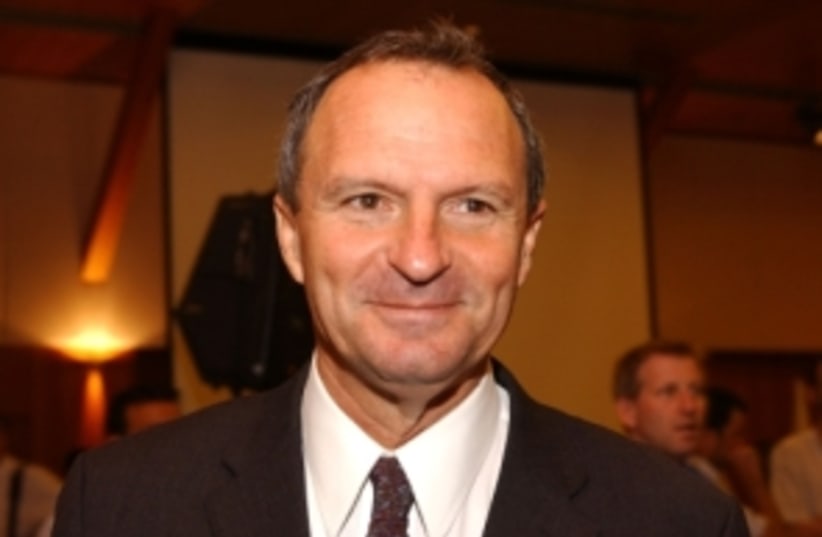| More about: | Jewish Agency for Israel, Ze'ev Bielski, Ethiopia, Israel |
Jewish Agency budget is $20m. short
Funding gaps hinder plan to help bring 20,000 Falash Mura to Israel.


| More about: | Jewish Agency for Israel, Ze'ev Bielski, Ethiopia, Israel |